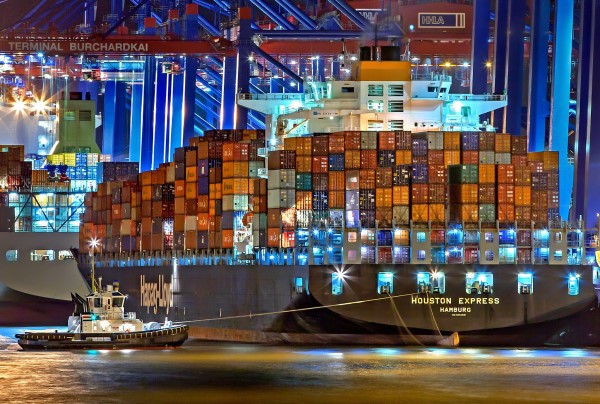The Importance of International Trade in a Globalized World
In today's interconnected world, international trade plays a vital role in driving economic growth, fostering globalization, and promoting cooperation among nations. It has become a cornerstone of modern economies, enabling countries to exchange goods, services, and ideas across borders. This article explores the significance of international trade, its benefits, and the challenges it poses in a globalized landscape.
Economic Growth and Development: International trade serves as a catalyst for economic growth and development. By opening up markets to foreign goods and services, countries can access a wider range of products, technologies, and resources. This fosters competition, encourages innovation, and enhances productivity. As a result, domestic industries become more efficient, creating jobs, boosting incomes, and raising living standards.
Market Expansion and Access to Resources: International trade provides businesses with opportunities to expand their markets beyond domestic boundaries. It allows them to reach a global customer base, tap into new consumer segments, and diversify revenue sources. Moreover, countries can access resources that are scarce or unavailable domestically. For instance, a country rich in natural resources can export them to generate revenue while importing goods it lacks comparative advantage in producing.

Specialization and Comparative Advantage: International trade facilitates specialization and the exploitation of comparative advantage. Each country has unique resources, skills, and capabilities. By focusing on producing goods and services in which they have a comparative advantage, countries can maximize efficiency and productivity. Specialization enables them to allocate resources effectively, reduce production costs, and achieve economies of scale, ultimately leading to increased output and competitiveness.
Cultural Exchange and Global Integration: International trade promotes cultural exchange and global integration. When countries engage in trade, they also exchange ideas, knowledge, and cultural practices. This cultural interchange fosters understanding, tolerance, and appreciation of different perspectives, ultimately contributing to global harmony and cooperation. Moreover, international trade encourages international cooperation and diplomatic relations, as nations seek to resolve trade disputes and negotiate mutually beneficial agreements.
Challenges and Considerations: While international trade brings numerous benefits, it also presents challenges that need to be addressed. These include protectionism, trade barriers, and unequal distribution of gains. Protectionist measures, such as tariffs and quotas, can hinder trade flows, limit market access, and impede economic growth. Additionally, trade imbalances and unequal distribution of gains can lead to social and political tensions. It is crucial for countries to strike a balance between protecting domestic industries and reaping the benefits of an open and competitive global market.
Conclusion: International trade is a cornerstone of our globalized world, fostering economic growth, enhancing productivity, and promoting global integration. It offers opportunities for countries to specialize, expand markets, and access resources, ultimately benefiting consumers, businesses, and economies at large. However, addressing challenges such as protectionism and trade imbalances is vital to ensure that international trade remains a force for inclusive and sustainable growth. By embracing the principles of openness, cooperation, and fair trade, nations can harness the power of international trade for the collective benefit of all.
Tags: international trade